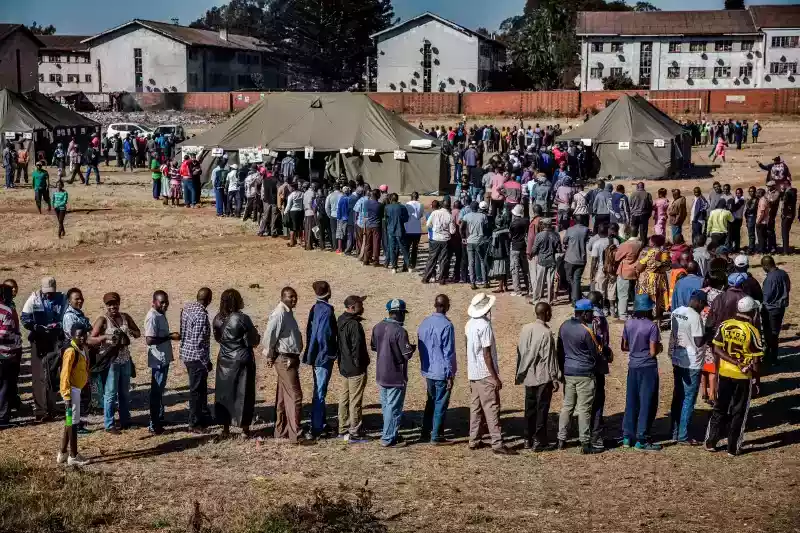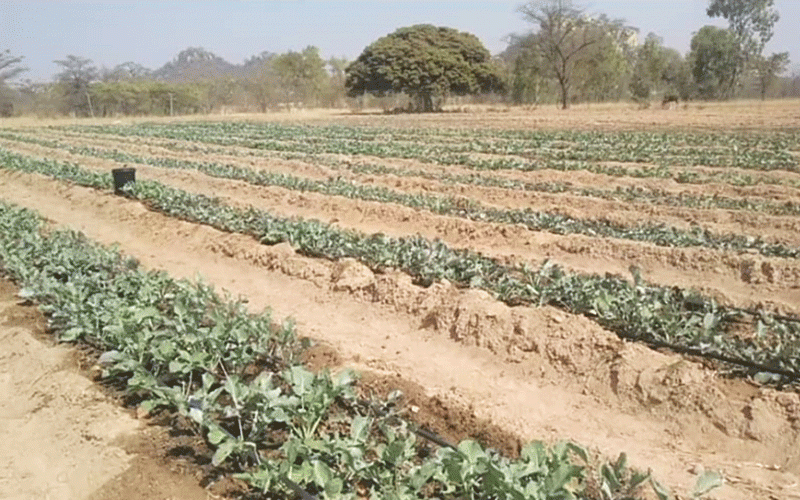
If the current dollar shortage in Zimbabwe has proved anything, it is the ability of Zimbabweans to find creative solutions in times of crisis.
by Alix Murphy
There has been speculation that lack of paper notes will drive even more rapid adoption of mobile money technology.
That’s certainly borne-out by the data we see here at WorldRemit.
As the largest sender of remittances to mobile money in Zimbabwe, we have witnessed the continued growth of people transferring money from overseas into the mobile money accounts of family members. The vast majority of our transfers now go to Ecocash accounts, as opposed to cash pickup or bank deposit.
However, even we were surprised by a dramatic spike in mobile money transfers during the final week of March — just as the cash shortage was starting to make major headlines.
Within the space of a day, Zimbabwean diaspora went from sending around 80-85% of their money transfers to mobile money to 91% — a record high, with the exception of Christmas day when people tend to take advantage of instant mobile transfers to send last-minute gifts.
- Chamisa under fire over US$120K donation
- Mavhunga puts DeMbare into Chibuku quarterfinals
- Pension funds bet on Cabora Bassa oilfields
- Councils defy govt fire tender directive
Keep Reading
That swift response to the current situation is significant for three reasons.
Firstly, it tells us that, in the internet age, Zimbabweans around the world are watching their homeland media closely and reacting to domestic events with an immediacy that would not have been possible several decades ago.
Secondly, it points to the sophistication of Zimbabweans abroad when deciding how to send money home. They may have left the country before mobile money became popular, but they are extremely knowledgeable about the technology — its speed, and the convenience of receiving money on a phone, rather than collecting from an agent.
Finally, it highlights the importance of remittances in driving adoption of mobile money in Zimbabwe. Around $1 billion is sent back to the country every year by Zimbabweans living abroad and increasingly that is going directly to people’s phones. We know from industry research that remittances are easily the largest individual transactions arriving in mobile wallets. That’s a powerful use case for attracting new users, and puts more money into the system for everyone to transact.
It is true that some users of mobile money choose to cash out, and that doesn’t help the current demand for dollars. But through our partnership with Ecocash, we know that around 22% of people who receive money via WorldRemit use it to make a secondary mobile payment such as school fees, household bills or a person-to-person transfer.
We are realistic and understand that Zimbabwe is still a largely cash-based economy. However, our data suggests that people across the country and their families overseas are clued-up on alternative technologies and are ready to rely on mobile money even more than they already do.
It is often said that necessity is the mother of invention. Perhaps in this case, it will also be the driver of progress.
l Alix Murphy is a senior mobile analyst at WorldRemit












